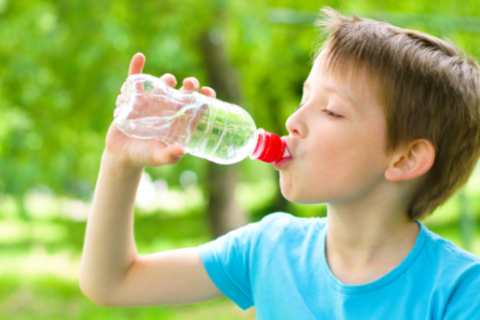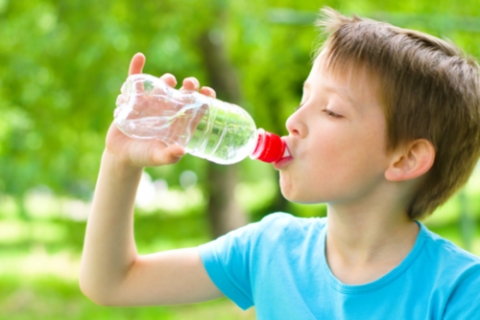It’s been a controversial topic for some years: Is it better to drink tap water or bottled water? Last year, bottled water sales outdid soda for the first time in history. Public awareness campaigns fighting America’s out-of-control sugar consumption seem to be helping steer habits in a healthier direction.
It’s been a controversial topic for some years: Is it better to drink tap water or bottled water? Last year, bottled water sales outdid soda for the first time in history. Public awareness campaigns fighting America’s out-of-control sugar consumption seem to be helping steer habits in a healthier direction.
A new study published in the American Journal of Preventive Medicine has good and bad news for those who prefer tap water to bottled. According to the research, children and teens who don’t drink fluoridated tap water are more likely to experience tooth decay, but those who do drink tap water have elevated levels of lead in their blood.
After the water contamination debacle in Flint, Michigan, the safety of tap water has become a serious concern for Americans all around the nation. In fact, according to a poll taken by the Associated Press, only one in three Americans are now willing to drink water from the tap and more than half of Americans believe that Flint’s water crisis is indicative of a bigger problem nationwide with water safety.
According to the CDC, lead usually enters tap water as a result of corroding pipes. The CDC encourages the public to research lead levels through the local water authority online or to call and request information on the latest testing results. Experts also recommend drinking tap water cold as hot tap water contains higher levels of lead. Installing a filtration system that specifically filters lead or drinking bottled water that has been tested and found safe are also alternatives if you’re concerned about level of lead in your drinking water.
If you choose to drink bottled water, be aware that you may lose the daily fluoride found in the tap water of most communities, said Dr. John Pappas, DDS, of Arcadia Dental Arts in Phoenix Arizona.
“Although there is bottled water on the market that contains fluoride, it’s important to talk to your dentist if you stop drinking tap water to discuss alternative sources for fluoride,” he said. “Fluoride helps protect teeth from decay, especially among children and the elderly.”
For over 70 years, community water supplies around the nation have been treated with fluoride in order to help keep teeth healthier regardless of economic status and access to dental care. In fact, the CDC lists the fluoridation of tap water as one of the top 10 greatest public health achievements of the 20th century.
“By providing access to fluoridated tap water to communities all over the nation, we’ve been able to reduce the amount of tooth decay and cavities by 25 percent in both children and adults,” Pappas said.


